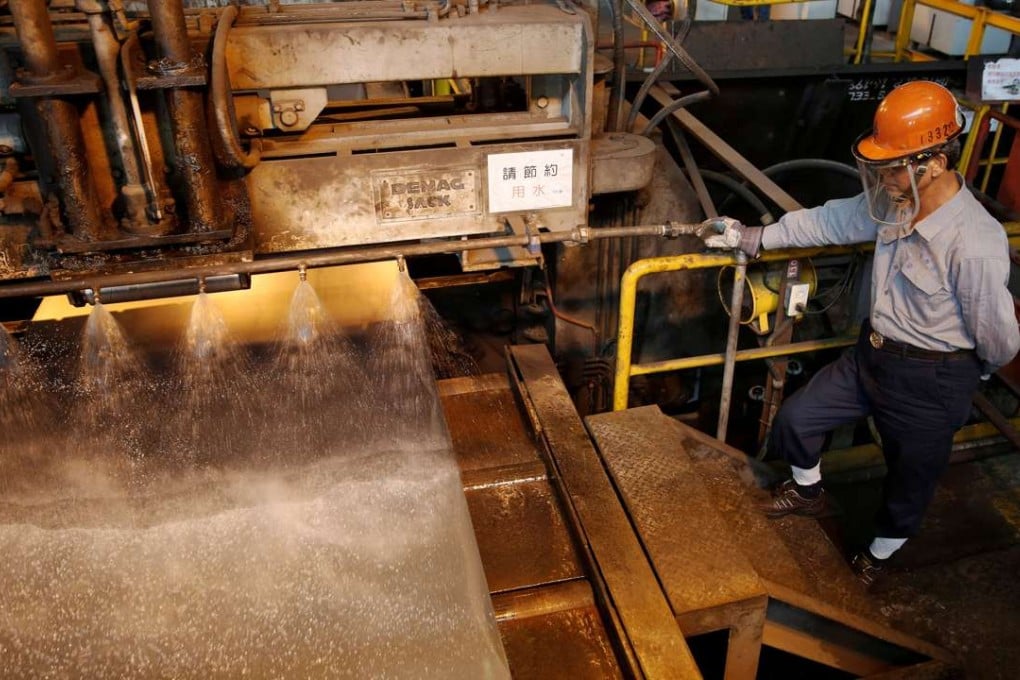Taiwan’s sixth communist party seeks to forge close ties with mainland China
Former Kuomintang central committee member launches alternate political party

Yet another communist party was founded in Taiwan at the weekend, with the aim of forging closer business ties with mainland China and promoting a socialist economy.
Lin Te-wang, a former central committee member of the main opposition Kuomintang, formed the Taiwan People’s Communist Party at his home base in the southern city of Tainan on Saturday, becoming the sixth such party on the island.
“I decided to form this party because I am disappointed with the KMT and fed up with the policies of the Democratic Progressive Party government,” Lin said.
Lin, who withdrew from the KMT after failing to win a candidacy nomination from the party in the 2016 parliamentary election, said he saw no hope in his former party because of continued infighting despite its crushing defeat in both the parliamentary and presidential elections last year.

“Nor would I trust the DPP, whose policy of alienating the mainland would only bring economic hardship to Taiwan,” he said.